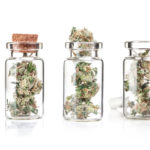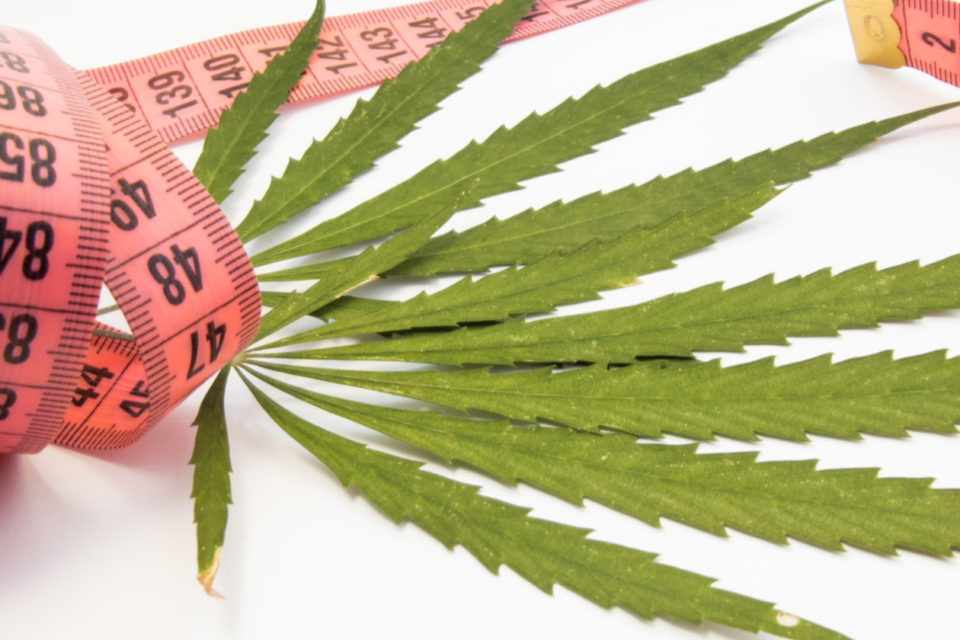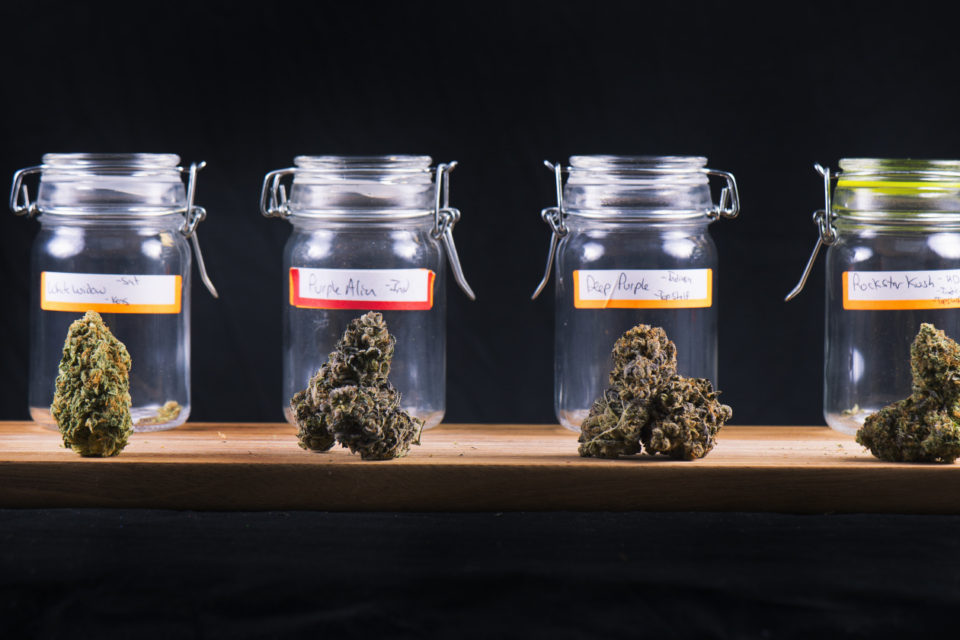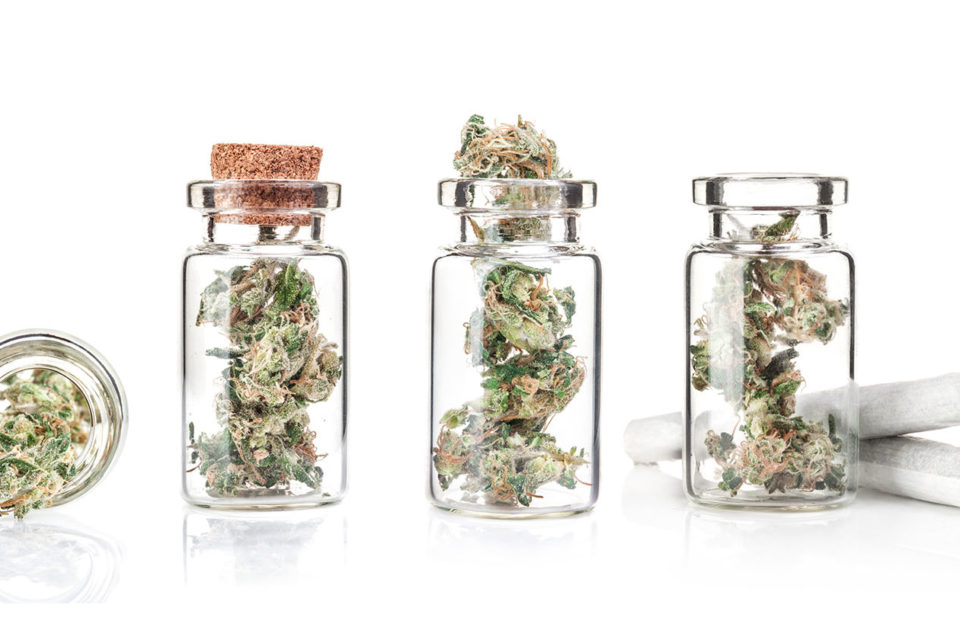Recreational cannabis users have long known that the substance has the power to calm troubled minds. But now that it’s gaining mainstream acceptance and recognition, the effects of cannabis on psychological conditions — even serious ones like PTSD — have become a subject of serious study.
Do cannabis and PTSD mix? Let’s take a look.
What Is PTSD?
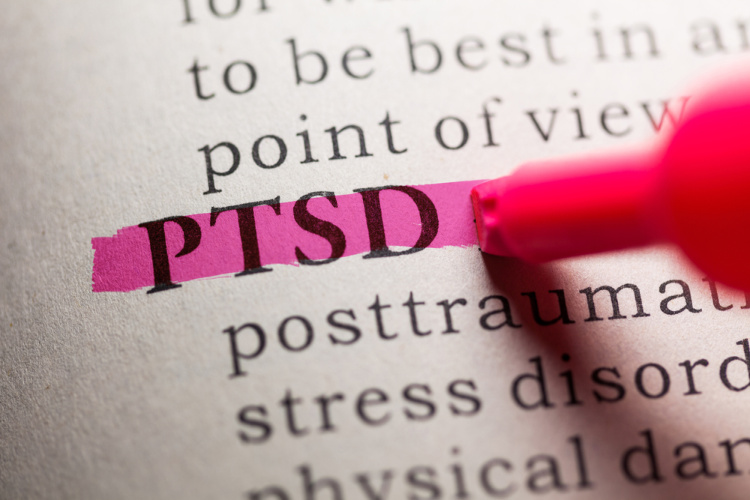
PTSD stands for post-traumatic stress disorder. It is a complex, long-term condition that affects people who have experienced emotional and physical trauma of all kinds. It can affect children as well as adults and may be triggered by interpersonal trauma (as in the case of abuse or assault), as well as by collective conflicts, like war. Sufferers come from all walks of life and span the globe; a 2017 survey of populations in 24 countries found that almost 4% of respondents experienced lifetime PTSD.
The symptoms of PTSD are diverse and are often determined by the nature of the trauma. Those afflicted can experience anything from nightmares and persistent anxiety to dissociative episodes and amnesia. The condition can be difficult to diagnose due to the subjective nature of an individual patient’s symptoms. It is also complicated (and often ignored) because of the shame and denial that many people experience in reaction to their trauma.
PTSD can be formally diagnosed by a mental health professional and is generally defined by symptoms lasting for more than one month after the initial trauma.
Cannabis and PTSD: A Possible Treatment?
So how do cannabis and PTSD interact with one another? Research suggests that there’s some cause for hope.
For one, it may regulate the persistent negative thoughts and memories associated with PTSD. Researchers at the Multidisciplinary Association for Psychedelic Studies link PTSD patients with lower than average levels of anandamide, a neurotransmitter associated with pleasure and well-being. It is thought that cannabis ingestion can restore normal levels of anandamide via the endocannabinoid system, thereby relieving PTSD-related anxiety.
Cannabis may also effectively treat some ancillary symptoms of PTSD. THC is known to suppress Rapid Eye Movement or REM, the deepest phase of sleep during which dreams occur.
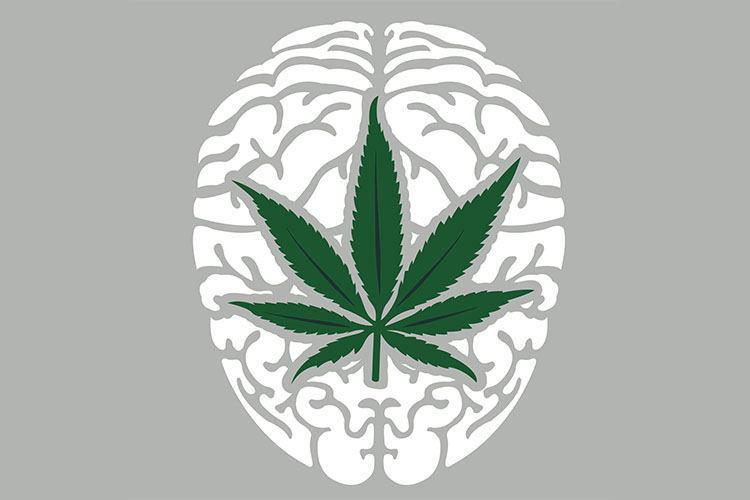
As such, PTSD patients who go to sleep after consuming cannabis may be less likely to experience disturbing nightmares — and as a result, may be better rested and more functional during waking hours.
Additionally, one study posits that low levels of cannabis can diminish situational stress. Scientists at the University of Chicago administered 7.5 and 12.5 milligrams of THC to two groups of people and then asked them to perform mock interviews and other tension-inducing tasks (for reference, a dime-sized concentration of edible THC typically contains about 5 milligrams); those in the former group were found to have a more stable heart rate, blood pressure, and mood following the experiment while those in the latter group were more likely to perceive a threat or experience anxiety. While this may mean that low-dose usage can help regulate symptoms for PTSD patients, it also means that too much THC might make them worse.
See A Professional to See if Cannabis is Right for You
As is the case with pharmaceuticals like SSRIs, cannabis works best for mental health conditions when used in tandem with professional treatment. While smoking or ingesting cannabis can improve PTSD’s short-term symptoms, long term therapeutic care is a more effective way to address the root causes of PTSD.
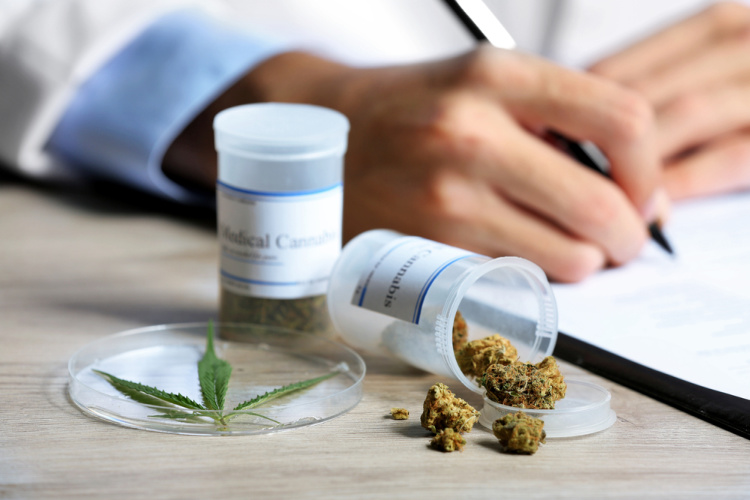
If you’re a Maryland resident looking to treat your post-traumatic stress disorder or want to learn more about cannabis and PTSD, stop by our Cambridge dispensary. Our consultants can help you choose the best medicine to manage your condition.

